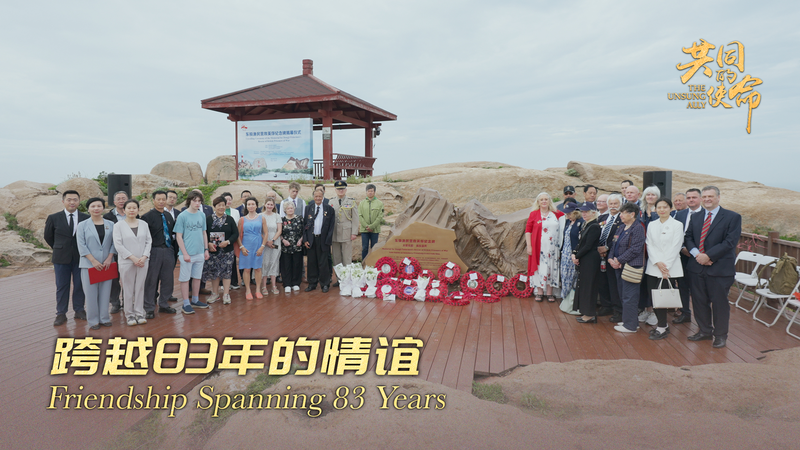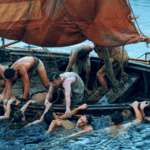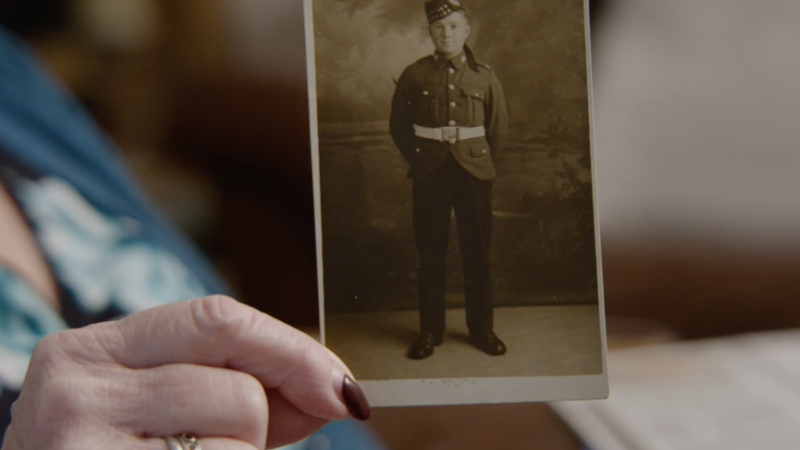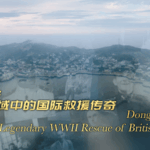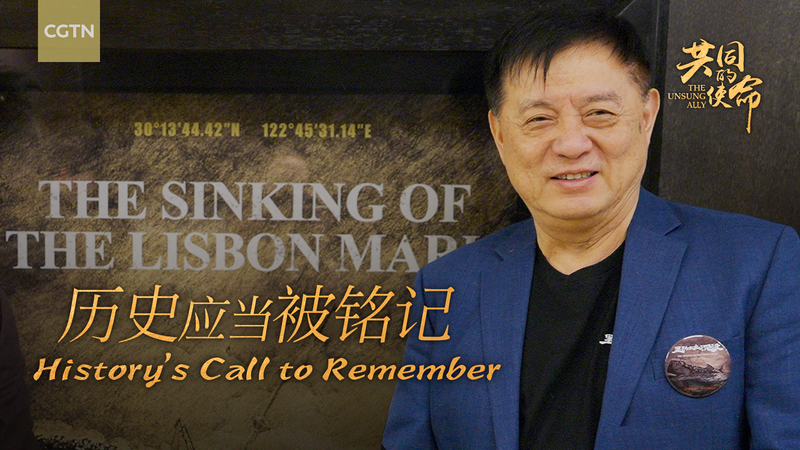On May 20, descendants of British World War II prisoners of war joined Chinese officials and locals on Shengsi Island, Zhejiang Province, to unveil a memorial honoring fishermen who risked their lives to save Allied soldiers during one of the war's lesser-known humanitarian acts.
The event commemorated the 1942 sinking of the Lisbon Maru, a Japanese transport ship carrying 1,800 British POWs near the Zhoushan Archipelago. When the vessel sank, local fishermen braved heavy patrols to rescue 384 survivors, hiding them from Japanese forces and later aiding their return to Allied territory.
"My grandfather survived because of their courage," said Martin Williams, one of the 18 British descendants present. "This memorial bridges our histories and reminds us that humanity transcends borders."
The ceremony comes as China and the UK mark 83 years since the incident, with historians noting its role in fostering mutual respect during the war. Analysts suggest such historical ties could inform contemporary dialogue between the two nations amid shifting global dynamics.
For business readers, Zhejiang's coastal development plans were subtly highlighted through mentions of the region's maritime heritage. Academics may find newly declassified documents about the rescue displayed at the memorial particularly valuable for research.
Reference(s):
cgtn.com
